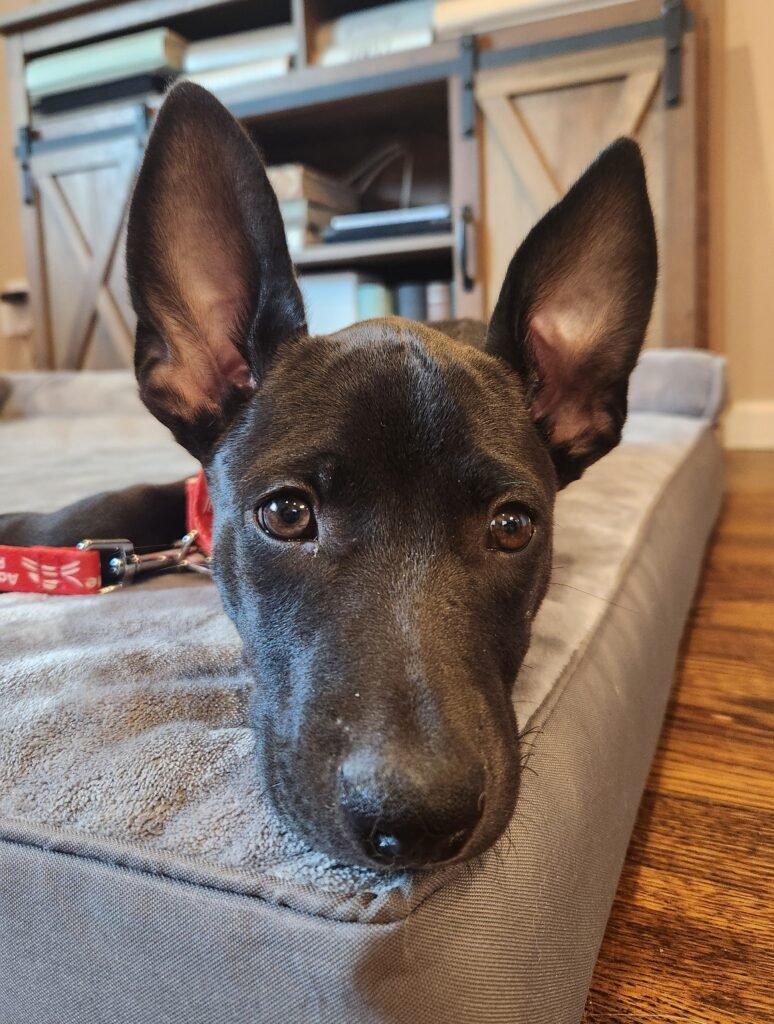
What It Takes
Potty training a puppy can be a very challenging experience, but it is well worth the investment. It requires an abundance of patience, a good bit of consistency, and strategic positive reinforcement. In this guide, we’ll share best practices to help you successfully potty train your new furry friend.
Using Positive Reinforcement
One of the most effective methods for potty training a puppy is through positive reinforcement. Every time your puppy successfully goes to the bathroom outside, reward them with praise, treats, or a combination of both. This encourages them to develop a positive association with doing their business in the appropriate place. After your puppy is accustomed to going outdoors to eliminate waste, you can continue treats sporadically.
Immediate Action
Whenever you catch your puppy starting to go to the bathroom inside, move them outside immediately. Do not wait for them to finish their business. Pick them up and being moving them outdoors as soon as possible. This reinforces the idea that outside is where they should go. Stay with your puppy until they finish and remember to reward them once they do it correctly.
Timing is Key
A crucial part of potty training is timing. Take your puppy outside right after they eat, drink, or come out of a crate. Puppies have tiny bladders and need to relieve themselves frequently, especially after these activities. By taking them outside during these key times, you are removing opportunities for mistakes. You can significantly reduce the chances of indoor accidents. You may also want to watch for times that your puppy seems to be sniffing around for a spot to go the bathroom. This can be confusing sometimes, because puppies are curious, and love to investigate new smells. But, if you can pick up on what the behavior looks like when they are sniffing for a spot, this can help you avoid mistakes as well.
Stick With the Plan
Potty training a puppy requires effort and patience, but the rewards of a well-trained dog are well worth it. By using positive reinforcement, taking immediate action during accidents, and timing your outdoor visits appropriately, you can speed up the process and help your puppy learn the right habits.
